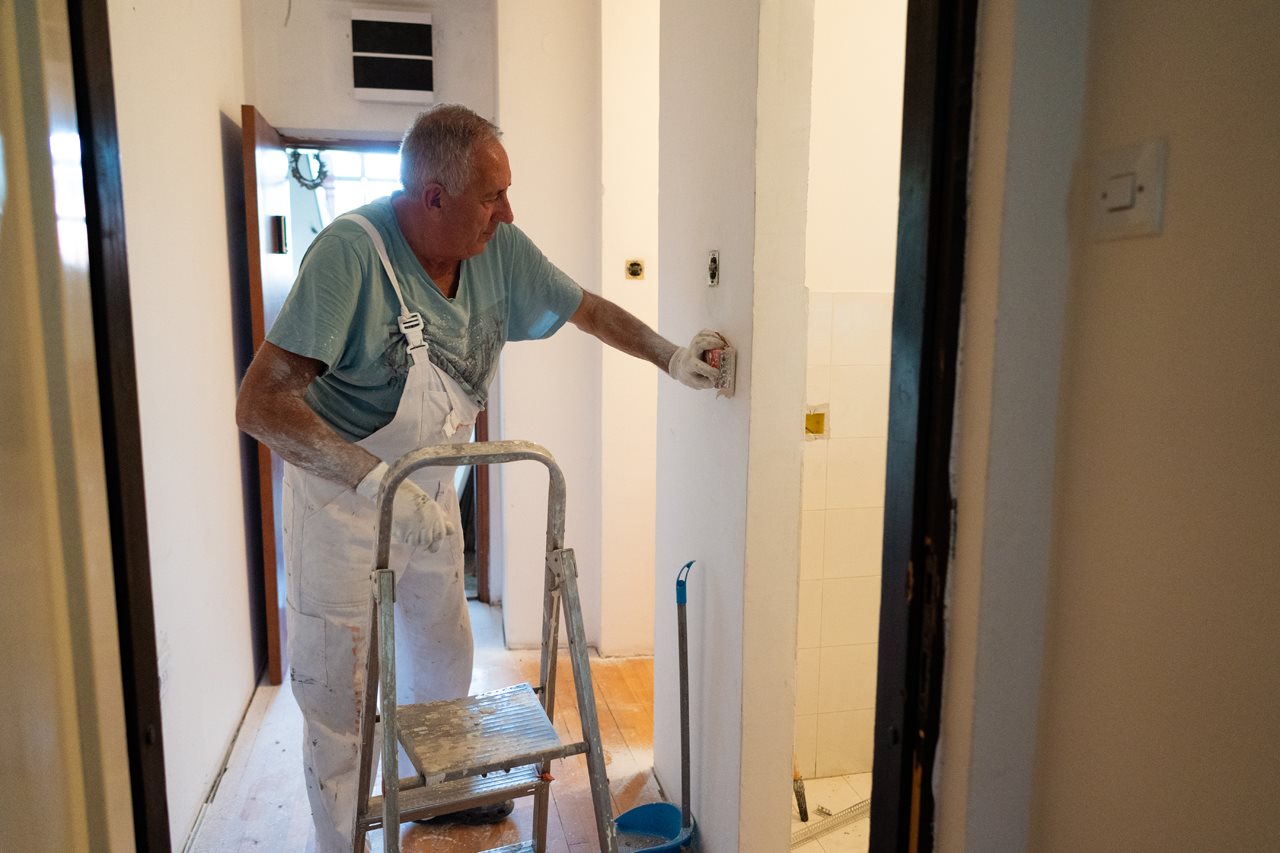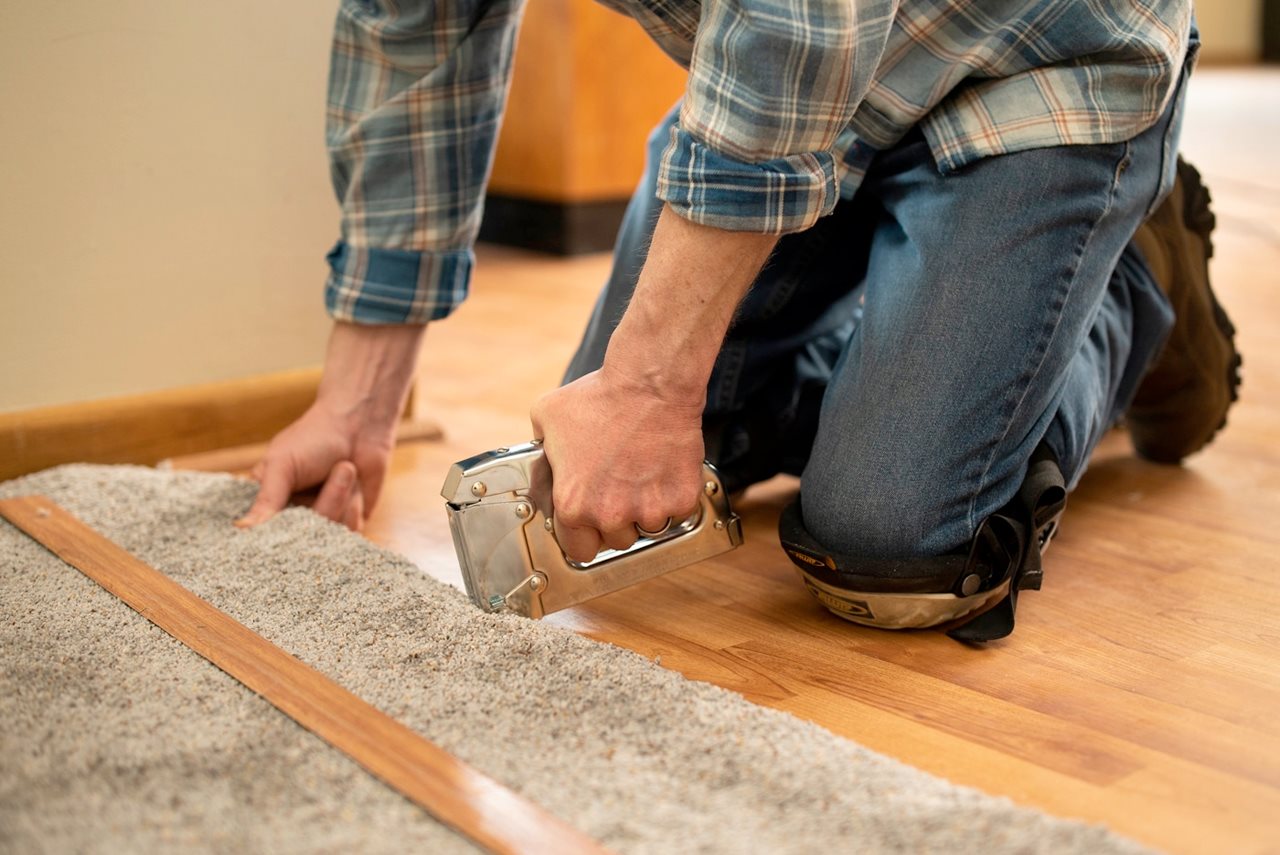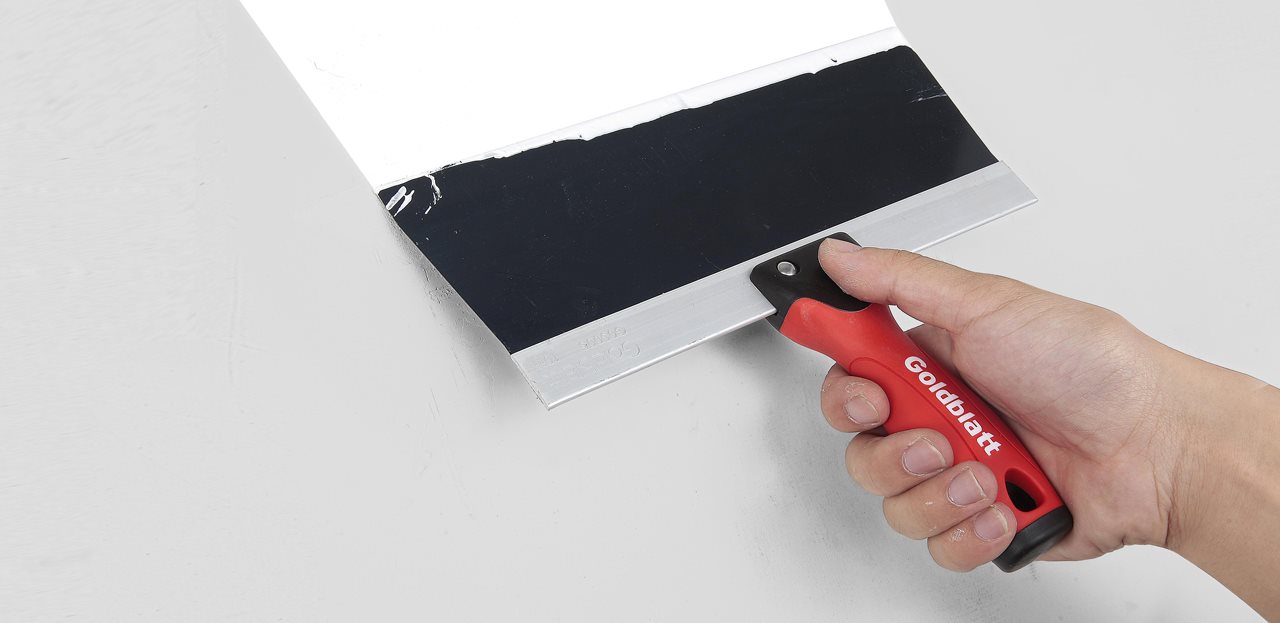Master facility repairs with these 4 expert tips
(BPT) - If you're a facility maintenance professional, you know the challenge of juggling multiple responsibilities. Beyond daily maintenance, you're a jack-of-all-trades called on to handle facility repairs.
From damaged walls to minor electrical issues and beyond, you're the go-to person for keeping your facility in top shape. Whether you're new at your job or have been at it for a while, it's always good to find hacks here and there to make these repair tasks as quick and easy as possible. Check out these pro tips to help you tackle four common facility repairs.
1. Chipped paint

No matter how careful you are, chipped paint is inevitable. You could sand down the area and paint over it, but for better results, you'll need to do a little more work.
After scraping off loose paint around the chip, use a wire brush to remove any remaining debris before sanding. Use 100-grit sandpaper for a smooth finish and remove lingering dust and paint chips with a damp, lint-free rag.
Now that you've prepped the area use a thin layer of drywall compound or wood filler to raise the level of the area to match the surrounding paint for a seamless repair. Prime, paint and voila, it's like the chip was never there!
2. Damaged ceiling tiles

Whether from water damage, gouging or other mishaps, you'll come across ceiling tiles in your facilities that need replacement. For the best results, invest in pro-level equipment, especially if you're in charge of large and/or multiple facilities. Using a product like RevealCut Ceiling Tile Cutting Workstation speeds installation, avoids manual acoustic ceiling tile cutting and delivers precise results every time.
Created by Arrow Fastener, known for its iconic T50 stapler, the all-in-one precision workstation cuts tiles in 30 seconds or less. Built-in measuring eliminates the need for scribing and multiple trips up the ladder while delivering 80% labor savings and decreasing the chance of injury. Even crooked walls are a cinch because the RevealCut can easily make out-of-square cuts!
3. Torn or stained carpet

Daily wear and tear and accidents can do a number on carpets. If you have a particularly unsightly section, avoid the expense of full replacement by performing a patch job. The procedure itself isn't difficult. What can be a challenge is finding extra pieces of matching carpet.
You'll likely find leftover carpeting from the original installation in the facility. If not, you can cut out what you need from existing carpet in less trafficked areas like under an enclosed staircase, water heater or furnace closets or under furniture that isn't likely to be moved, like a storage cabinet.
4. Drywall

You already know how to fix small holes, dings and cracks in drywall, but there will be times when a large patch job is required. When you have a hole bigger than 6 inches, you'll need to grab a piece of drywall to patch the problem.
You'll have no trouble cutting and adhering a new piece of drywall to the area with joint compound, but for a truly professional job, you'll need a few more tools and materials. It will take longer, but the final result will be worth it.
After you remove the damaged drywall and cut out a new piece, place furring strips through the hole and behind the drywall and anchor them with drywall screws. Place the drywall patch in place on top of the furring strips and secure with drywall screws. Using drywall tape, secure the edges before applying joint compound to the seam and across the whole area. Once dry, sand, prime and paint as usual.
Don't forget to use quality tools for professional-grade results. Add products like Goldblatt Drywall Tools to your toolbox for smoother walls and perfect joints.
Using these four tips, you'll take your facility maintenance repairs from good to great! Keep elevating your confidence and skills so your facility can thrive under your expert care.
April 19, 2024
